Expanding access to capital
Delegates basically agreed with the necessity of the draft Law to perfect the legal system, promote decentralization and delegation of power in public debt management, ensure synchronization in institutional reform; at the same time, remove some difficulties and obstacles that have arisen in practice.
Regarding ODA loans and foreign preferential loans, some delegates agreed to comprehensively amend Article 29 of the current Law on ODA loans and foreign preferential loans and agreed to review, amend and supplement to simplify administrative procedures, meet practical requirements on foreign affairs, attract capital in a timely manner, and remove obstacles to overcome the slow disbursement of ODA capital and foreign preferential loans in the past.
.jpg)
Chairman of the Economic Committee Phan Van Mai said that ODA loans have both positive and negative aspects that need to be considered. Vietnam is no longer a country that is eligible for preferential ODA loans, so negotiations for ODA loans take a long time, and the conditions for loans are also very strict. Based on that reality, it is necessary to study solutions to access new sources of capital such as ways to borrow internationally and ways to issue local bonds.
Delegate Phan Van Mai also said that Ho Chi Minh City is a locality with a great need for capital and also has the conditions and ability to absorb capital higher than many other localities in the country; the ability to repay debt and the ability to recover capital are also very high.
Therefore, according to the delegate, it is necessary to study and amend Resolution 98/2023/QH15 of the National Assembly on piloting a number of specific mechanisms and policies for the development of Ho Chi Minh City to continue removing bottlenecks and addressing capital needs.
Ho Chi Minh City has issued local bonds before. After merging Binh Duong and Ba Ria - Vung Tau provinces into Ho Chi Minh City, the locality has enough conditions to mobilize tens of thousands of billions of VND from local government bonds. "Therefore, it is necessary to study and expand forms of capital access to mobilize resources for the locality," the Chairman of the Economic and Financial Committee suggested.
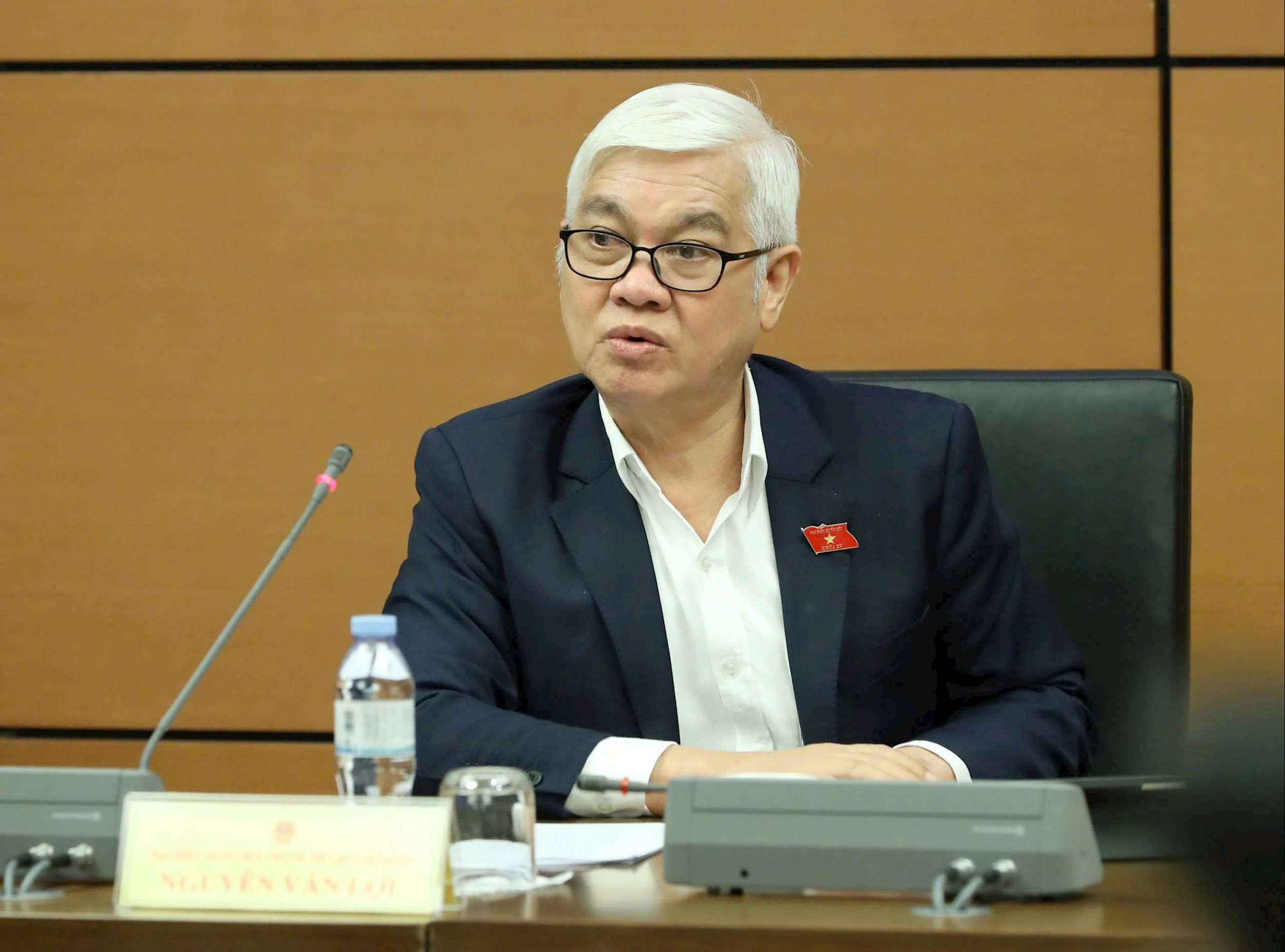
Procedures for proposing ODA loans are still very cumbersome.
National Assembly Deputy Nguyen Van Loi also suggested that there should be stronger decentralization and delegation of power to local governments. The current draft Law focuses mainly on decentralization and delegation of power at the central level, but decentralization and delegation of power to local governments are still vague.
According to the delegate, if the draft Law on decentralization is good for localities, ODA capital providers will want to negotiate with localities rather than with the central level because localities have a good understanding of the areas of development strengths of the locality and contribute to the central budget. On the other hand, foreign lenders want to negotiate directly with localities on repayment time, debt grace period, etc.
Furthermore, not promoting decentralization and delegation of power to localities in negotiating ODA loan agreements will also lead to a situation where all resources are concentrated on the central level and create a mechanism of asking and giving. Therefore, delegate Nguyen Van Loi suggested that it is necessary to decentralize more strongly to localities, especially those localities that have basically contributed to the central budget.
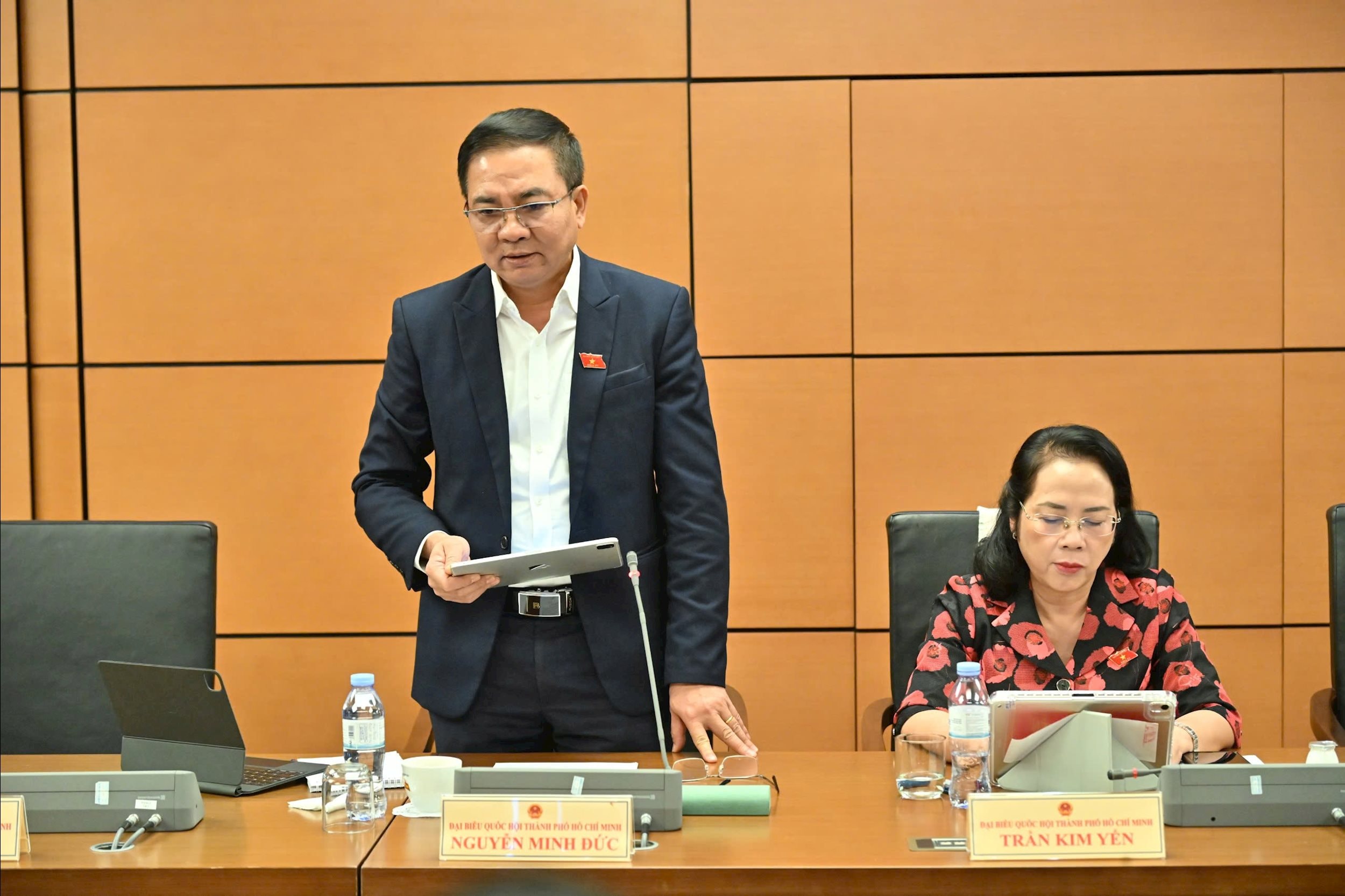
National Assembly Deputy Nguyen Minh Duc said that the regulations on procedures for proposing ODA loans (including loan value, loan conditions, expected lender, capital use purpose, disbursement time, domestic financial mechanism, debt repayment source, letter of interest from foreign donors) look very strict but the procedures are cumbersome. Because units, enterprises and organizations really want to access ODA capital, but how can borrowers know the expected disbursement time of foreign lenders, making it difficult for enterprises to access capital. Therefore, Deputy Nguyen Minh Duc proposed that this regulation should be completed.
Regarding the negotiation and signing procedures, the draft Law amends and supplements Clause 4, Article 29 of the current Law in the direction: "The signing of international treaties and agreements on ODA loans and foreign preferential loans for programs and projects must ensure the following conditions: Completion of investment procedures according to the provisions of law. International treaties and agreements on ODA loans and foreign preferential loans have been approved by competent authorities".
Clause 6, Article 29 stipulates the negotiation, signing, ratification, approval, amendment, supplementation, and extension of international treaties, ODA loan agreements, and foreign preferential loans.
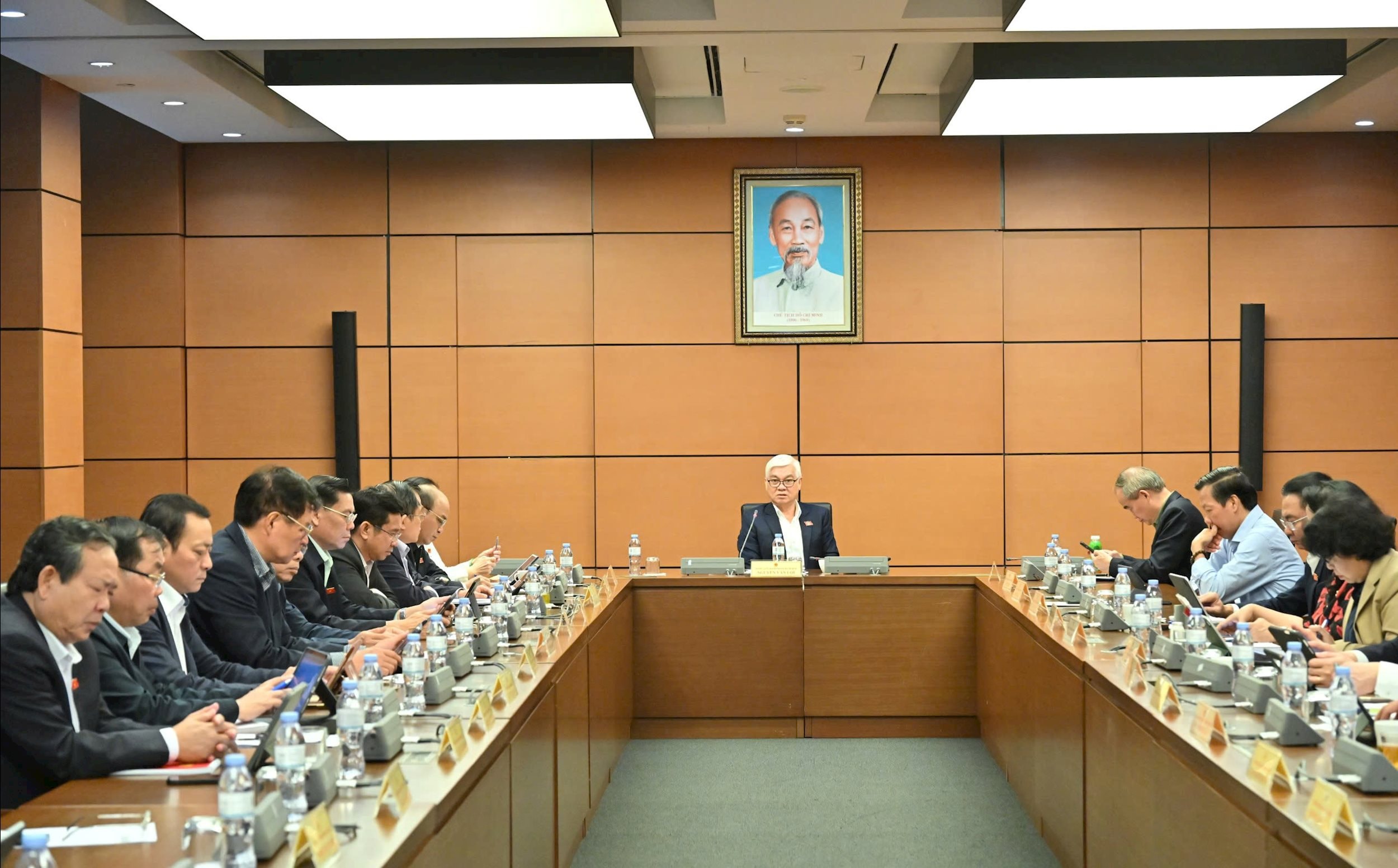
Delegate Nguyen Minh Duc found that between Clause 4 and Clause 6 there is overlap and lack of logic in the order and procedures for negotiating, signing, ratifying and approving ODA loan agreements.
On the other hand, Clause 5 "inserted" between Clauses 4 and 6 regulates the allocation and use of ODA loans and foreign preferential loans, leading to technical legislative inconsistencies. Therefore, delegate Nguyen Minh Duc suggested that it is necessary to compare all provisions of the current Law on International Treaties and the draft Law amending and supplementing a number of articles of the Law on International Treaties being submitted to the National Assembly at this session, in order to regulate and rearrange the provisions on procedural order from negotiation to signing, ratification and approval of ODA loan agreements in the draft Law to be reasonable.
Source: https://daibieunhandan.vn/du-an-luat-sua-doi-bo-sung-mot-so-dieu-cua-luat-quan-ly-no-cong-can-phan-cap-manh-hon-nua-cho-dia-phuong-10394140.html



![[Photo] Panorama of the Patriotic Emulation Congress of Nhan Dan Newspaper for the period 2025-2030](https://vphoto.vietnam.vn/thumb/1200x675/vietnam/resource/IMAGE/2025/11/04/1762252775462_ndo_br_dhthiduayeuncbaond-6125-jpg.webp)
![[Photo] Ca Mau "struggling" to cope with the highest tide of the year, forecast to exceed alert level 3](https://vphoto.vietnam.vn/thumb/1200x675/vietnam/resource/IMAGE/2025/11/04/1762235371445_ndo_br_trieu-cuong-2-6486-jpg.webp)
![[Photo] Ho Chi Minh City Youth Take Action for a Cleaner Environment](https://vphoto.vietnam.vn/thumb/1200x675/vietnam/resource/IMAGE/2025/11/04/1762233574890_550816358-1108586934787014-6430522970717297480-n-1-jpg.webp)

![[Photo] The road connecting Dong Nai with Ho Chi Minh City is still unfinished after 5 years of construction.](https://vphoto.vietnam.vn/thumb/1200x675/vietnam/resource/IMAGE/2025/11/04/1762241675985_ndo_br_dji-20251104104418-0635-d-resize-1295-jpg.webp)


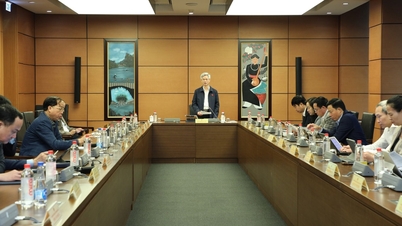
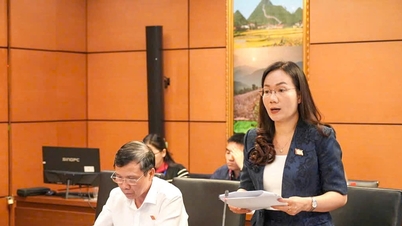
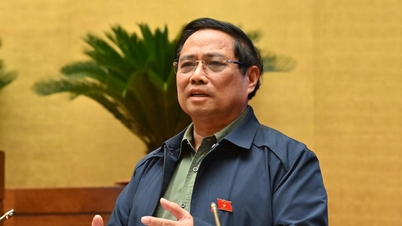

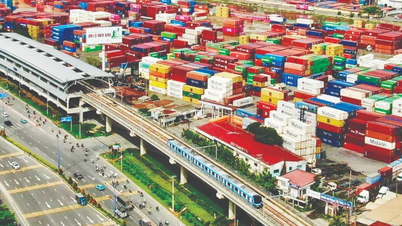




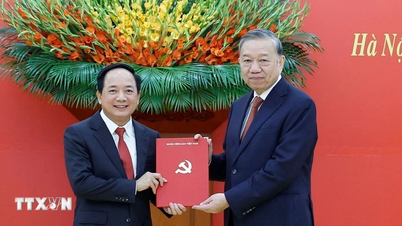

![[Photo] Prime Minister Pham Minh Chinh chairs the 20th meeting of the National Steering Committee on combating illegal fishing.](https://vphoto.vietnam.vn/thumb/402x226/vietnam/resource/IMAGE/2025/11/04/1762267178314_dsc-0115-jpg.webp)

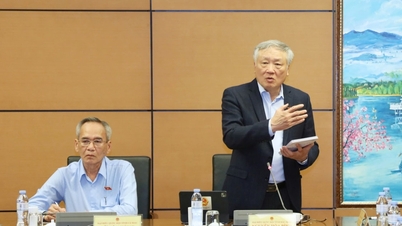




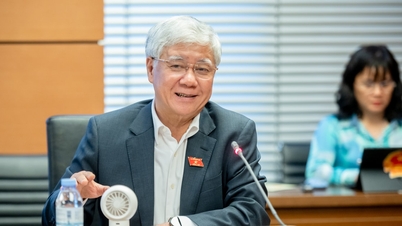
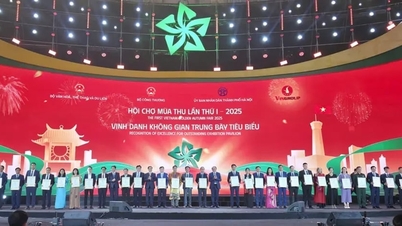

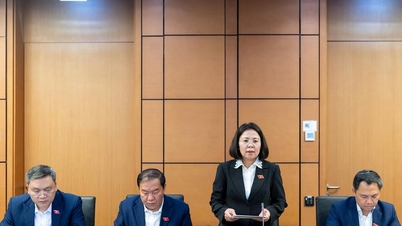
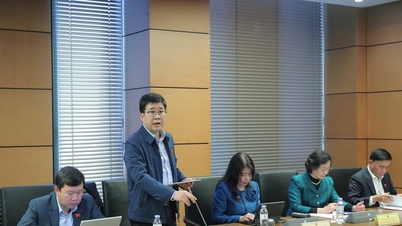
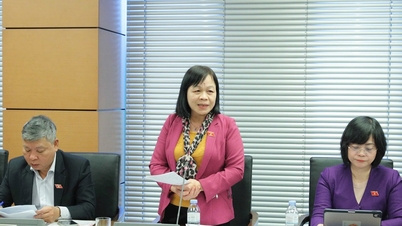

























































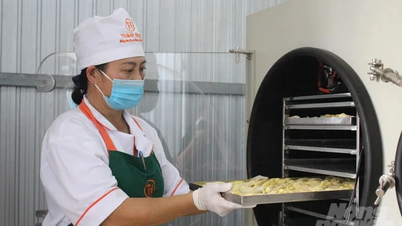











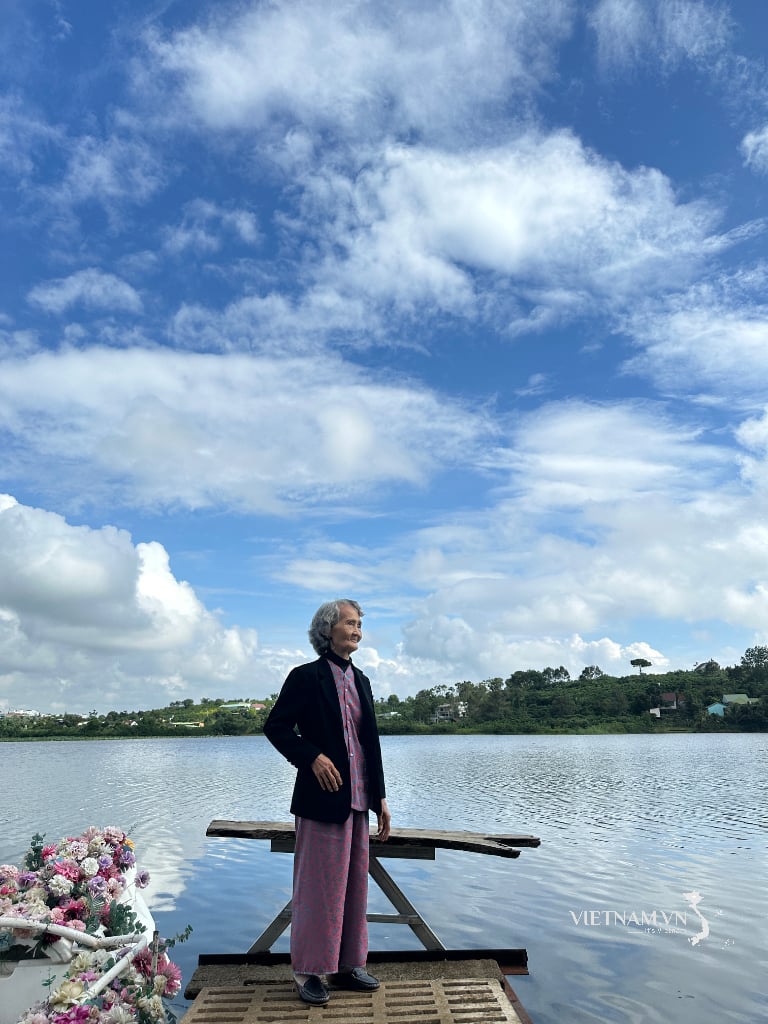

Comment (0)